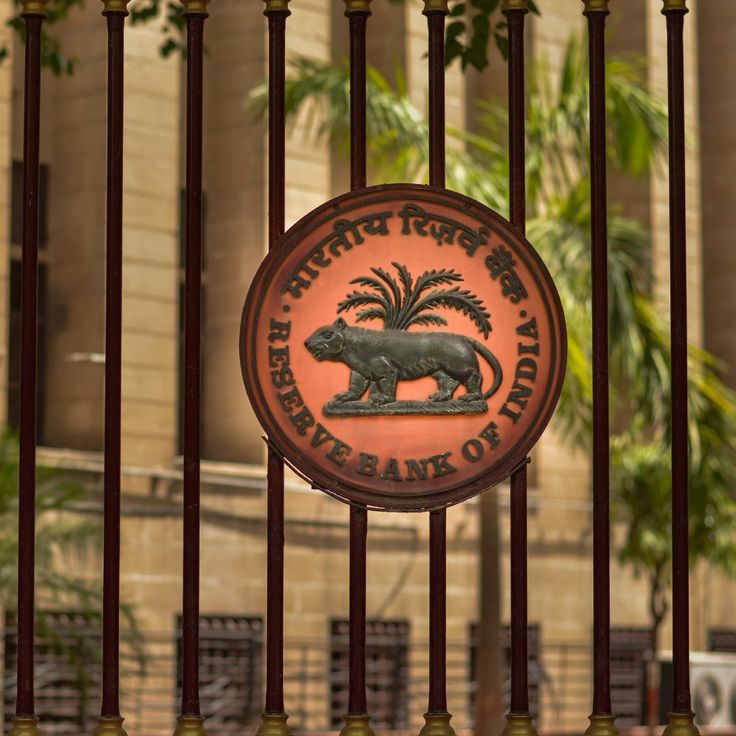19th June 2024- The Reserve Bank of India (RBI) has wrapped up its fourth cohort of the regulatory sandbox (RS) program focused on combating financial fraud. Six entities participated in this initiative, which began on January 5, 2023, aiming to develop and test innovative solutions.
Among the successful innovations is the ‘rt360 real-time monitoring system’ by Bahwan Cybertek Pvt Ltd in collaboration with IDBI Bank. This cutting-edge technology aids banks in monitoring transactions in real time, generating alerts to preempt potential fraudulent activities.
NapID Cybersec Pvt Ltd, partnered with City Union Bank, introduced the ‘napID fraud filter layer,’ a robust solution securing online transactions. Meanwhile, Trusting Social Pvt Ltd, in collaboration with Protium Finance Ltd and Finnovation Tech Solutions Pvt Ltd, presented ‘credit insight (CI),’ aimed at enhancing credit assessments.
RBI highlighted that these solutions have been deemed acceptable for adoption by regulated entities, subject to compliance with regulatory requirements. This milestone underscores significant progress in enhancing financial security and protecting customers against fraud.
Quote By Ms. Jaya Vaidyanathan, CEO, BCT Digital (a Bahwan CyberTek company)
“We’re pleased to have had a successful journey as a part of the 4th Cohort of the Regulatory Sandbox with ‘Prevention and Mitigation of Financial Frauds’ as its theme. The RBI has selected BCT’s product, the rt360 Real Time Monitoring system as viable. This stamp of approval from the RBI, one of the most appreciated central banks globally, is a validation of our commitment to preventing fraud in the banking system and energizes our expansion into newer products, market segments, and geographies. We are thankful to the RBI and IDBI Bank, our Partner Financial Institution, for the opportunities. We strongly believe, for the Indian banking system, this is a giant leap towards actively looking out and preventing frauds rather than just reporting them out post facto and burning resources in recovering lost funds.”







+ There are no comments
Add yours